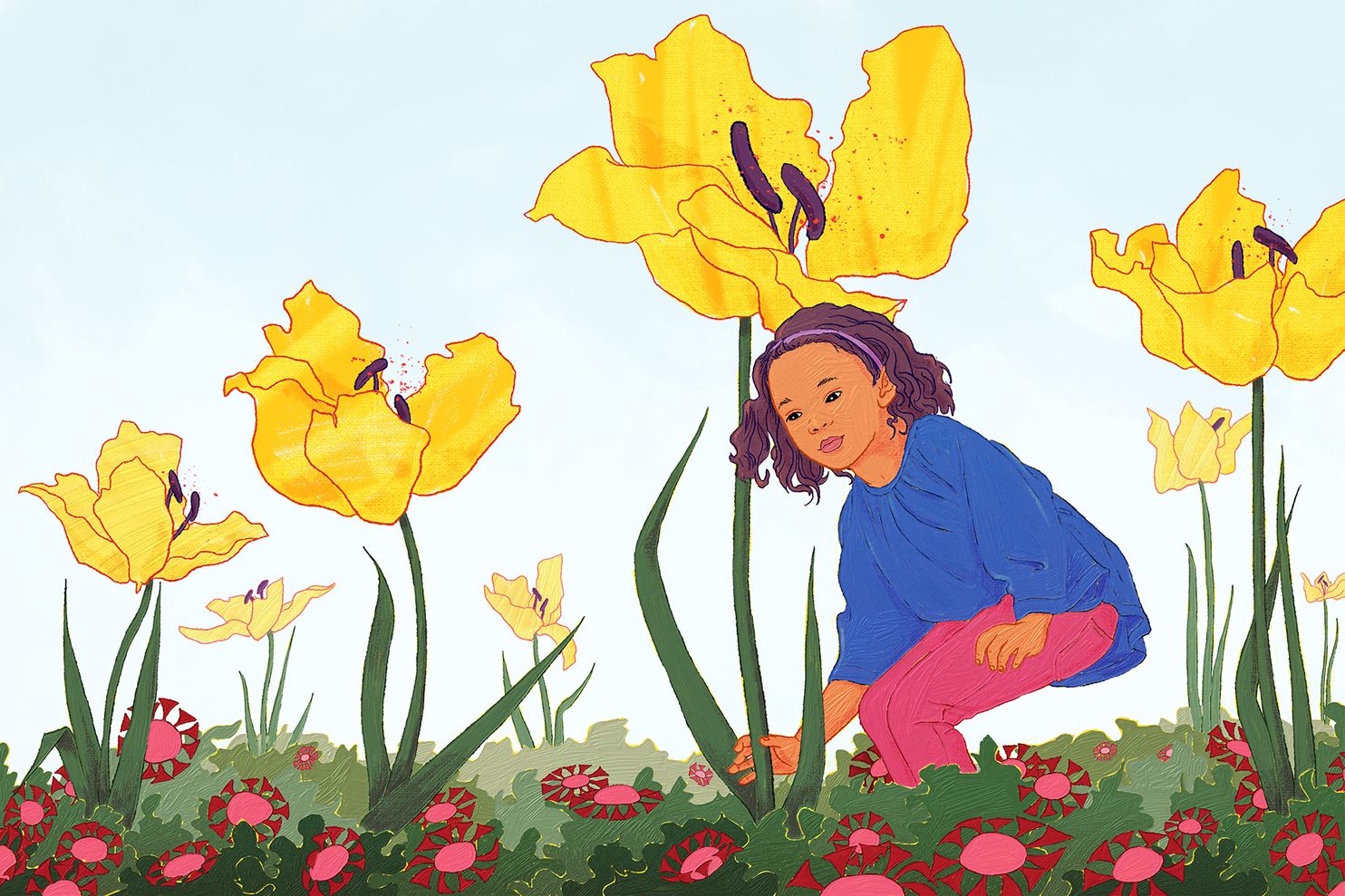We can help shape how our children remember the pandemic — and foster their future happiness

Daniel Willingham is a professor of psychology at the University of Virginia.
My kids won’t be in school full-time this fall, so, like most parents, I will be thinking about how to keep them occupied and content. But I’m also a memory researcher, and that makes me wonder how they will recall these odd times decades from now. Naturally, I hope those memories will be more pleasant than miserable.
That goal sounds uncomplicated — happy kids should grow into adults with happy memories. But reminiscences aren’t a simple averaging of experience. I’m not out to manipulate my kids, but knowing how memory works helps me shape what my children will recall of 2020.
What’s a desirable “normal” of the pandemic? For my kids — three teens — I want to minimize bitterness about the restrictions on our lives and maximize gratitude for our health and well-being. I hope for less frustration at being separated from friends and more pleasure at spending time with family. These emotions and attitudes not only lead to better mood today; they are also associated with happiness in the long term.
Obviously, repeated nagging to “Be grateful!” will not prompt feelings of gratitude. Creating new family rituals makes for a better strategy.
My family has started saying a version of grace at supper. Each of us says a word or two about what we’re thankful for that day. We also make it routine to help others. At least weekly, we send a handwritten note to someone who’s alone in the pandemic shutdown, or share baked goods with neighbors or a delivery person, as a way of moving my children’s focus of attention from themselves to others.
My children miss their friends and classmates, of course, so we use other rituals to highlight that we have more family time. We gather at 5 p.m. daily (with age-appropriate drinks) to review our day. Pre-pandemic, we usually went our separate ways after supper, but now we make a point of doing something together, with family members selecting what we’ll do in a weekly rotation. We do household chores as a family, instead of splitting them up. Weekends usually include a long walk or a living-room dance party.
How will these practices influence what my children recall decades from now?
A memory summarizing months or years, for example, “the pandemic” or “attending Wilson High School” is not the heading of a mental file containing details of that time. It’s an isolated fact.
The rich detail resides in episodes: memories of events that last hours, not months. Episodes like “trying out for basketball” or “taking the SAT” include mental images and sounds, as well as the feeling this happened to me.
Remembering “my Wilson High days” means constructing a story from episodes of that time. You can’t use all of them, so you pick episodes that fit with broader beliefs about yourself. For example, if you think you were “a good son” at 17, you’ll summarize high school with episodes showing that theme.
This desire for memories to seem logical is heightened when we relate them to others. People think of their life story as just that — a story — and so they tell a good one, filling gaps and editing out-of-place events as needed. We even edit individual episodes to make them more logical. For example, if a story about a restaurant visit doesn’t mention the patron ordering, people falsely remember that happening: If the customer ate, he must have ordered.
Thus, memories become inaccurate in a consistent way: We change memories to conform to more stable beliefs. The order must have been placed, because that’s what happens at restaurants. I must have come home early on prom night, because I was a good son. Episodes are spotty and incomplete, so this unconscious editing makes you more likely to describe what actually happened, compared with relating the unadorned memory.
My children’s memories of the pandemic will be influenced by their beliefs about this time in their lives. Those beliefs, in turn, are shaped by repeated experiences. That process is the same in young children and the elderly: What happens again and again during the shutdown becomes, in memory, what usually happened during the shutdown. Yes, my 13-year-old, who has always loved her weekly piano lesson, is not thrilled it’s on Zoom now, but her siblings and parents make a point of being the best-ever audiences for home recitals.
I want my children to someday remember “what normally happened” during the pandemic to be “parts were hard, but we were okay.”
In a time when so much lies outside our control, there’s some solace in knowing that’s possible.
Read more:
Lenore Skenazy: Why a lockdown is a great time to embrace ‘free-range parenting’
Joe Allen: Want to buy schools time? Open the windows.
Bill Gates: Here’s how to make up for lost time on covid-19
Josephine Kalipeni: ‘Having it All’ is a myth. That’s why we need universal family care.
Kate Cohen: I was doing all right with the pandemic. Then my tomatoes started dying.






